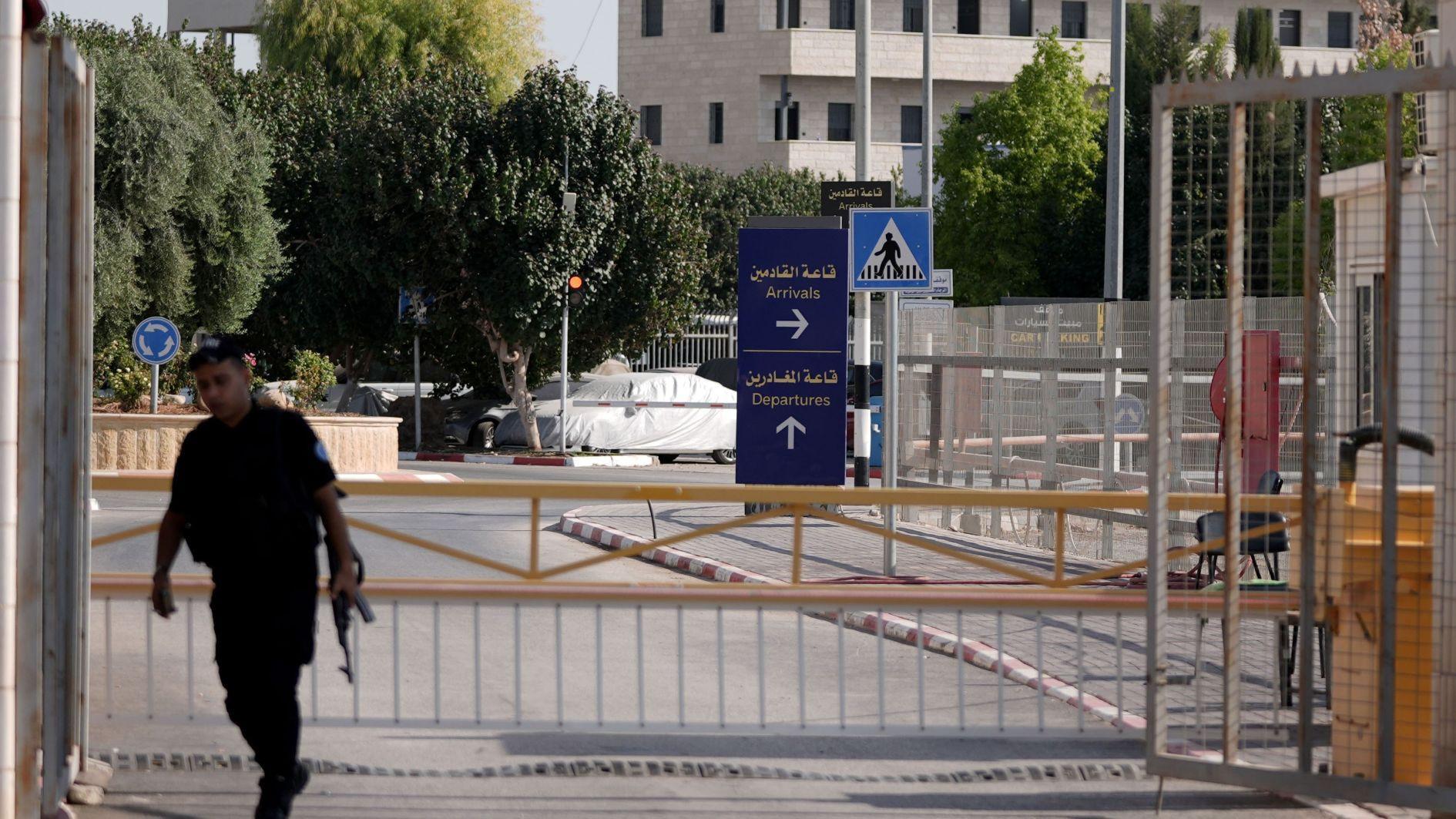
Palestinians have condemned Israel’s decision to close the occupied West Bank’s sole border crossing to the outside world, warning that it effectively turns the territory into an “open-air prison,” while expressing concerns over potential further sanctions.
For decades, Palestinians have depended on the Allenby Crossing — also known as the King Hussein Bridge or Al-Karama Crossing — as the primary route out of the West Bank without passing through Israel.
The crossing is frequently used by travelers seeking access to international airports in Jordan, visiting relative, or obtaining medical treatment. This week, Israel closed the crossing indefinitely without providing any justification.
The move has been widely interpreted as a response to a recent series of Western countries recognizing Palestinian statehood at the U.N. General Assembly. Previously, Israel warned that it would annex parts of the West Bank in retaliation for such recognition.
The closure has sparked alarm among Palestinians, who see it as part of a broader pattern of measures aimed at restricting their movement.
Nadir Shalfar, a local activist, told Türkiye’s Anadolu Agency that Israel is attempting to isolate the entire population from the outside world and described the West Bank as being turned into a “massive open-air prison.”
A resident of Gaza who traveled to the West Bank shortly before the outbreak of the war and has since been unable to return, said, “Our connection to the world has been completely severed.”
In an interview with CNN, Palestinian politician Mustafa Barghouti noted that students cannot attend their universities and those studying abroad cannot return. F
“Families have been torn apart,” he said. “Patients who require treatment in Jordan are now barred from traveling.”
Meanwhile, Israeli media reported that the government is considering restrictions on senior Palestinian Authority officials in response to the recent wave of international recognition of Palestinian statehood.
Senior security advisors have recommended imposing personal sanctions on Palestinians leaders, including President Mahmoud Abbas, his deputy Hussein al-Sheikh and other top officials, potentially confining them to Ramallah or severely limiting their mobility within the West Bank.
Economic measures affecting their financial interests and business networks are also reportedly under consideration.
These announcements came before statements from Israel’s Foreign Minister Gideon Saar, who insisted there is currently “no intention to even discuss the annexation of the West Bank territories under the Palestinian role because we do not seek to control the Palestinians.”
He clarified, “What could be discussed — though no decisions have been made — is applying Israeli law to settlements under Israeli jurisdiction, not under the PA.”
A report by Politico said that U.S. President Donald Trump reassured Muslim leaders that he would not permit Israel to annex the occupied West Bank.
Trump made the commitment during a closed-door summit on the sidelines of the U.N. General Assembly in New York, where Arab and Muslim leaders urged Washington to prioritize ending Israel’s war in Gaza.
The summit also brought together Turkish President Recep Tayyip Erdoğan, Jordan’s King Abdullah II and Indonesian President Prabowo Subianto.